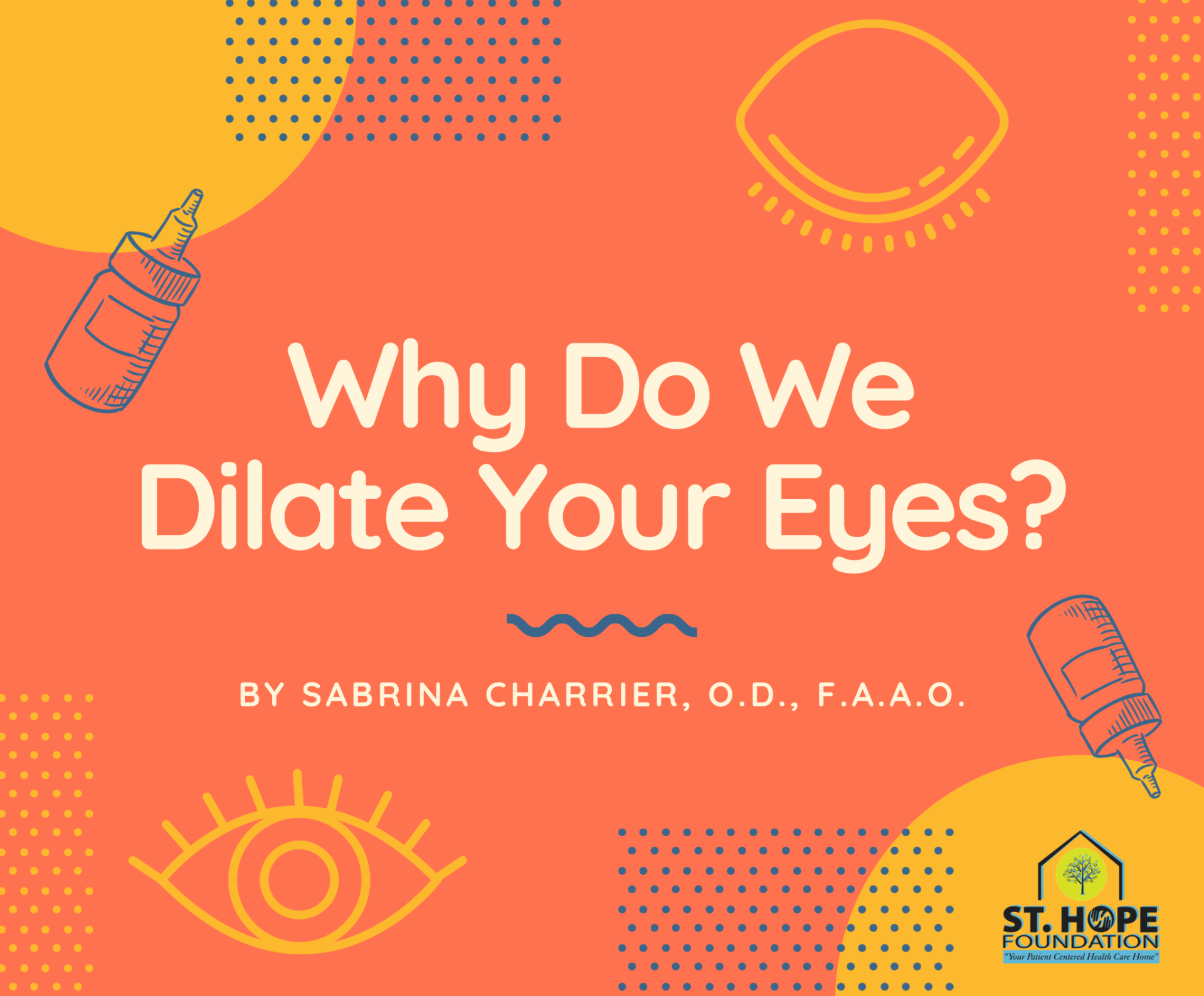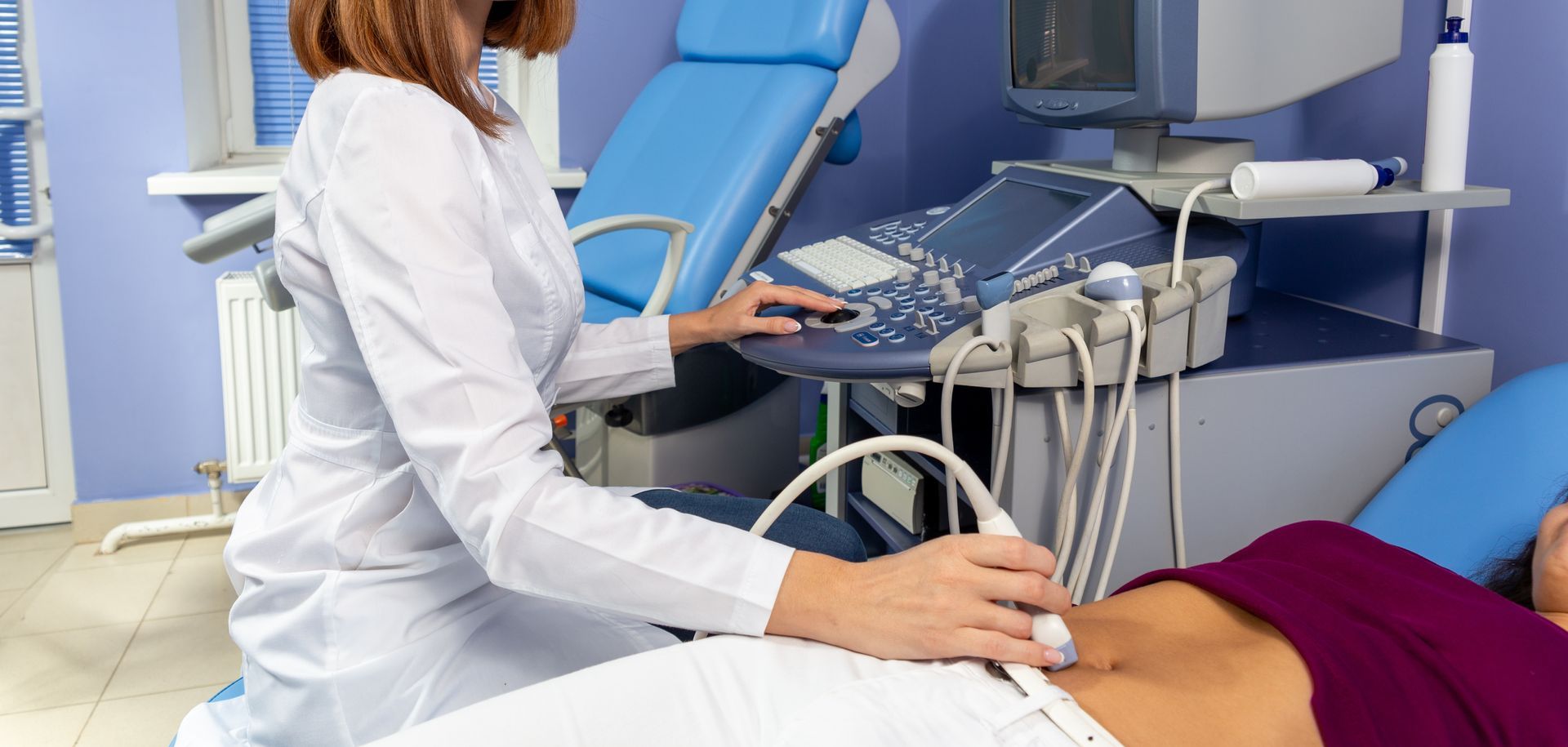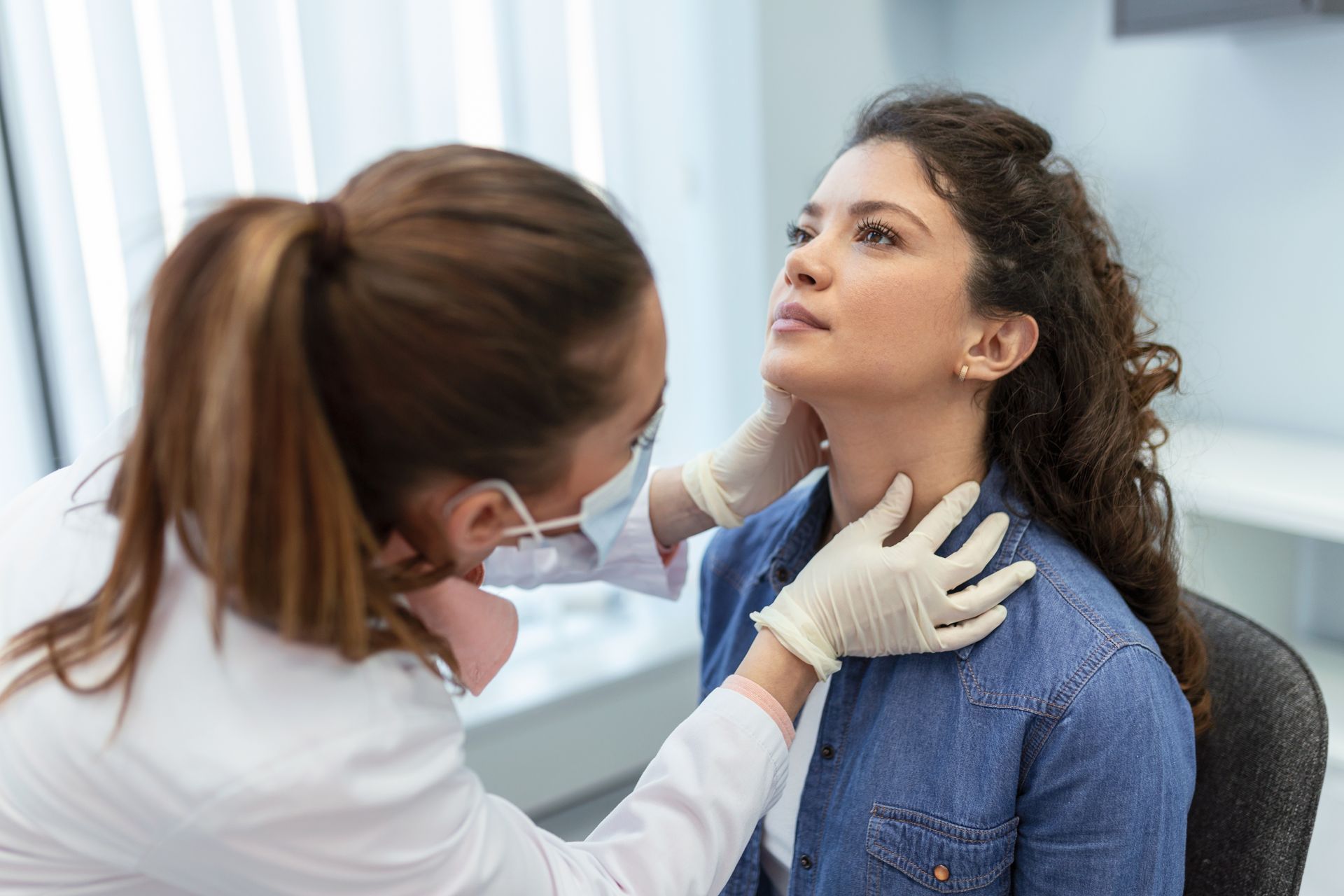Recent Posts
Why Do We Dilate Your Eyes?

Blog By: Sabrina Charrier, O.D., F.A.A.O.
Everybody’s favorite part of the eye exam! The short answer to this question is that even though it can be a nuisance, it is to protect your health. An eye exam includes evaluating the health of your eyes. Dilation helps us get a more thorough look at the entire eye. Did you know that optometrists have only been able to dilate eyes for about 50 years when the industry has been around for about 120 years?
Dilation is where we use specialty drops to make your pupil larger. It usually takes about 15 to 30 minutes to fully dilate your eyes. Your eyes may become more light sensitive and your near vision may become blurry for about four to six hours.
When we are performing a comprehensive eye exam, we evaluate multiple parts of your eyes and vision. When we look at the back of the eye, we can detect potentially sight threatening eye diseases such as cataracts, diabetic retinopathy, glaucoma, macular degeneration, hypertensive retinopathy, retinal detachments, or tumors. Some people are initially diagnosed with health problems like diabetes or high blood pressure because of findings during their eye exams. The sooner these problems are found, the sooner they can be treated.
Another reason we dilate is to obtain a more accurate prescription for glasses. This is not necessary for everyone. The drops we use limit your ability to focus and let us determine the correct strength for your glasses where you are not over focusing. This is often performed on children but can be done on adults as well.
At some offices, dilation may not be performed. Factors such as age, health, and the reason for the visit will play a part in deciding to dilate your eyes. Some offices have fundus cameras that will take a picture of your retina.
If it has been a while since you’ve had an eye exam, you may be due for a dilation. Schedule an appointment to have a comprehensive eye exam and have your eyes checked out.









